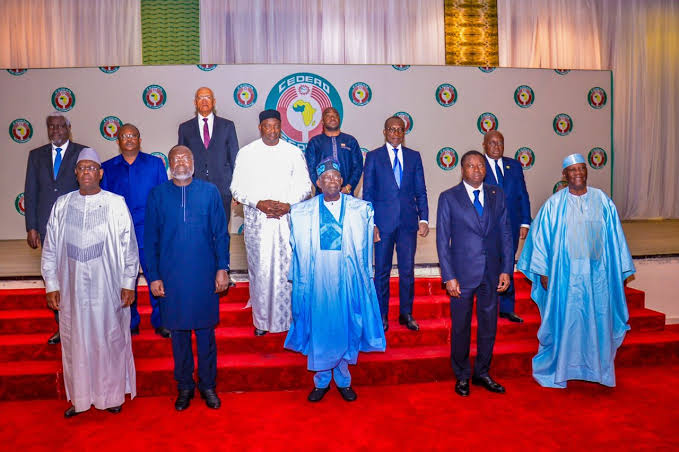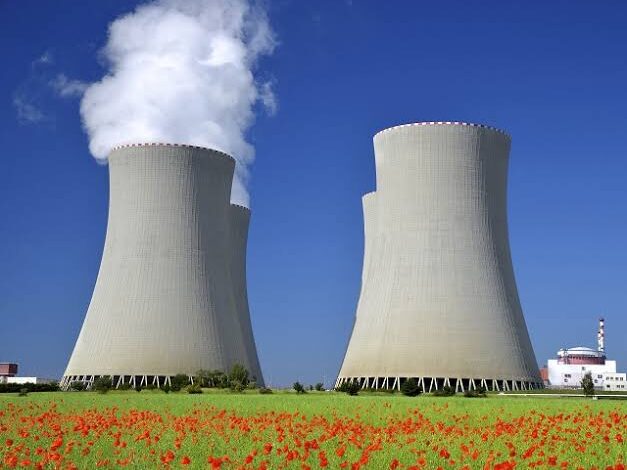
Faith Nyasuguta
West African leaders of the ECOWAS bloc meeting in Nigeria have directed the deployment of a ‘standby force’ to restore democracy in Niger after the coup.
However, two Western officials told The Associated Press that junta leaders in Niger told an American diplomat that deposed President Mohamed Bazoum would be killed if there was any attempt to intervene militarily.
It is alleged that representatives of the junta told US Under Secretary of State Victoria Nuland of the threat to Bazoum during her visit to the country this week, a Western military official said, speaking on condition of anonymity because of the sensitivity of the situation.
Bazoum, who was deposed on July 26, says he is being held hostage at his residence and the United Nations has expressed concern that he and his family have only limited food and water.
Ecowas gave no details about the make-up, location and proposed date of deployment for any military intervention force following its meeting on Thursday in the Nigerian capital, Abuja.
Asked for clarification, the president of the ECOWAS commission, Omar Alieu Touray, said he could only reaffirm the decisions by “the military authorities in the subregion to deploy a standby force of the community.”
Financing had been discussed and “appropriate measures have been taken,” he said.
He blamed the junta for any hardship caused by the sanctions imposed on Niger and said further actions by the bloc would be taken jointly, not by any single country.
“It is not one country against another country. The community has instruments to which all members have subscribed to,” he said.
After the junta defied the deadline of Sunday set by ECOWAS to reinstate Bazoum, analysts say the bloc may be running out of options as support fades for intervention.
Nine of the 11 heads of state expected to attend were present, including the presidents of Senegal, Ghana, Ivory Coast, Togo, Benin, Guinea-Bissau and Sierra Leone. The non-Ecowas leaders of Mauritania and Burundi also participated in the closed-door meeting.
“It is crucial that we prioritise diplomatic negotiations and dialogue as the bedrock of our approach,” said Nigerian President Bola Ahmed Tinubu, who currently chairs the bloc.
Niger was seen as the last country in the Sahel region south of the Sahara Desert that Western nations could partner with to counter jihadi violence linked to al-Qaida and the Islamic State group that has killed thousands and displaced millions of people.
The international community is scrambling to find a peaceful solution to the nation’s leadership crisis.
“Let me tell you, any coup that has succeeded beyond 24 hours has come to stay. So, as it is, they are speaking from the point of strength and advantage,” said Oladeinde Ariyo, a security analyst in Nigeria. “So, negotiating with them will have to be on their terms.”
On Wednesday, a Nigerian delegation led by the former Emir of Kano, Khalifa Muhammad Sanusi, met the junta’s leader, Gen. Abdourahmane Tchiani. The former emir was one of few people allowed to meet Tchiani.
When US Under Secretary of State Nuland met with the coup leaders earlier this week, she was denied access to both Tchiani and Bazoum. A separate delegation comprised of ECOWAS, the United Nations and the African Union was barred from coming at all.
WHAT NEXT?
ECOWAS has failed to stem past coups throughout the region. Niger is the fourth country in the 15-member state bloc to have experienced a coup in the last three years.
The bloc has imposed harsh economic and travel sanctions.
But as the junta becomes more entrenched, the options for negotiations are becoming limited, said Andrew Lebovich, a research fellow with the Clingendael Institute.
“It’s very difficult to say what might come out of it, but the fact that the initial deadline passed without intervention and that the (junta) has continued to hold a fairly firm line, indicate that they think they can outlast this pressure,” he said.
The main parties’ positions are dangerously far apart, according to the International Crisis Group, a think tank, which said that if dialogue is going to succeed, each side is going to have to make concessions, which they have so far refused to do.
RELATED:




